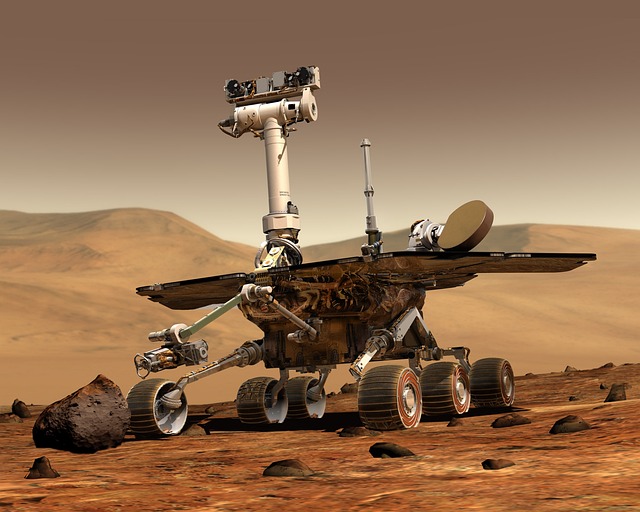The landscape of learning is evolving rapidly, fueled by advances in technology that reshape our understanding of human-computer interaction. Natural Language Processing (NLP) has emerged as a pivotal player in this transformation, permeating various fields, including robotics and business automation. As we stand on the cusp of a new era, the implications of NLP in these domains are profound, fostering an innovative environment where machines can understand and respond to human language in a way that feels increasingly natural.
In the realm of robotics, integrating NLP opens doors to a more intuitive interaction between humans and machines. Imagine a manufacturing robot that not only performs repetitive tasks but can also understand spoken commands and engage in simple conversations with human operators. This capability is not far-fetched. With advancements in NLP, robots can be programmed to comprehend context, recognize commands, and respond appropriately, thereby enhancing the efficiency of production environments. As a result, workers can collaborate more effectively with robots, reducing the intimidation often felt around automation and fostering teamwork.
Simultaneously, in the domain of business automation, the integration of NLP revolutionizes the customer service experience. Companies are deploying chatbots powered by sophisticated NLP algorithms that can interpret customer inquiries with remarkable accuracy. This reduces wait times and enhances customer satisfaction, allowing businesses to operate more smoothly. The ability of machines to understand and generate human-like text means that customers can engage in a conversation as if they were speaking to a human, opening a dialogue that feels personal and engaging.
Moreover, the applications of NLP extend beyond just customer interaction. In large organizations, data analytics powered by NLP can sift through vast amounts of unstructured data, extracting valuable insights that inform decision-making processes. Business leaders can leverage these insights to strategize effectively and improve productivity. The potential for automation in workflows is vast; routine documentation, report generation, and even email management can be streamlined through NLP technologies, allowing human employees to focus on more creative and strategic tasks.
While the future of learning in NLP is exciting, it also encourages us to consider the ethical implications that accompany this powerful technology. As NLP systems become more integrated into our daily lives, ensuring that they are developed responsibly and inclusively is paramount. Developers must prioritize transparency and fairness, ensuring that these systems do not perpetuate biases or misinformation. We must strive towards creating a balanced synergy between humans and machines that respects the nuances of language and culture.
The interplay of Natural Language Processing with robotics and business automation is not just a trend; it’s a looming shift in how we approach learning and communication with machines. This transformative technology promises to make interactions smoother, more effective, and significantly richer. As we embrace this future, it’s essential to remain connected to the human elements that drove these innovations in the first place. In doing so, we can ensure that the technologies we develop amplify our capabilities rather than mitigate them.




